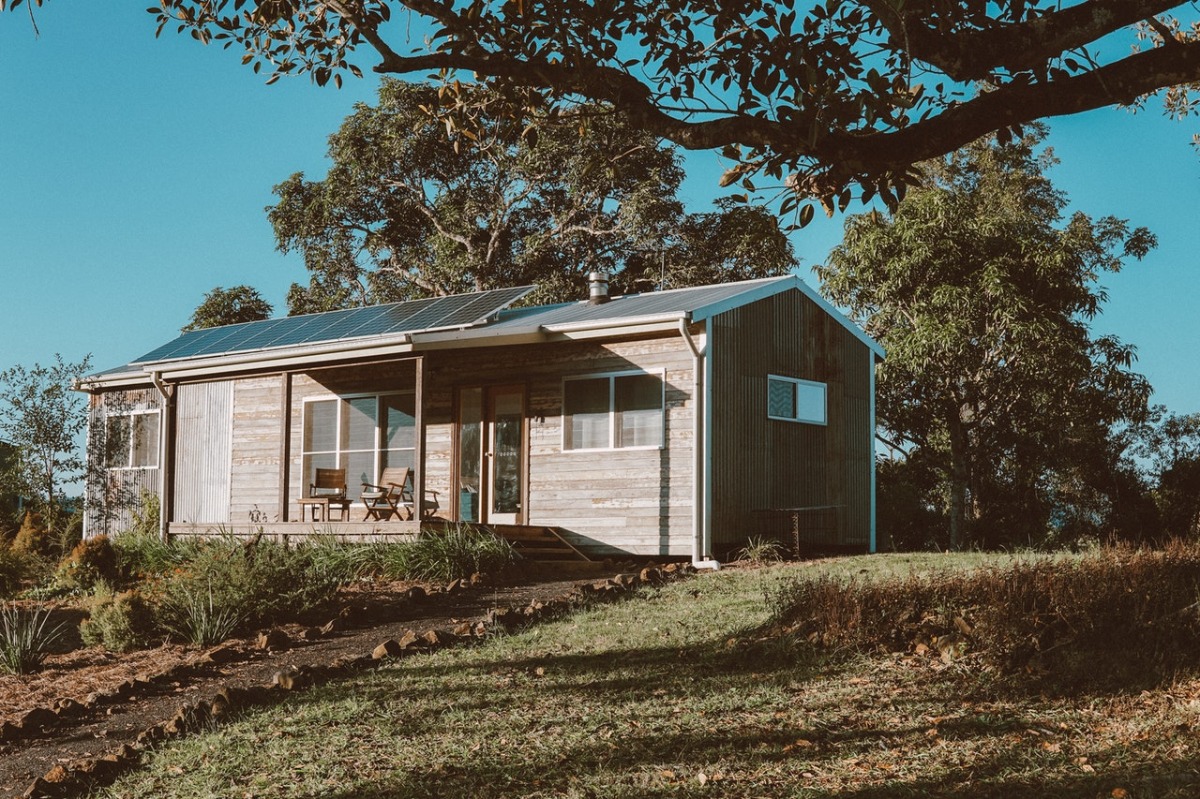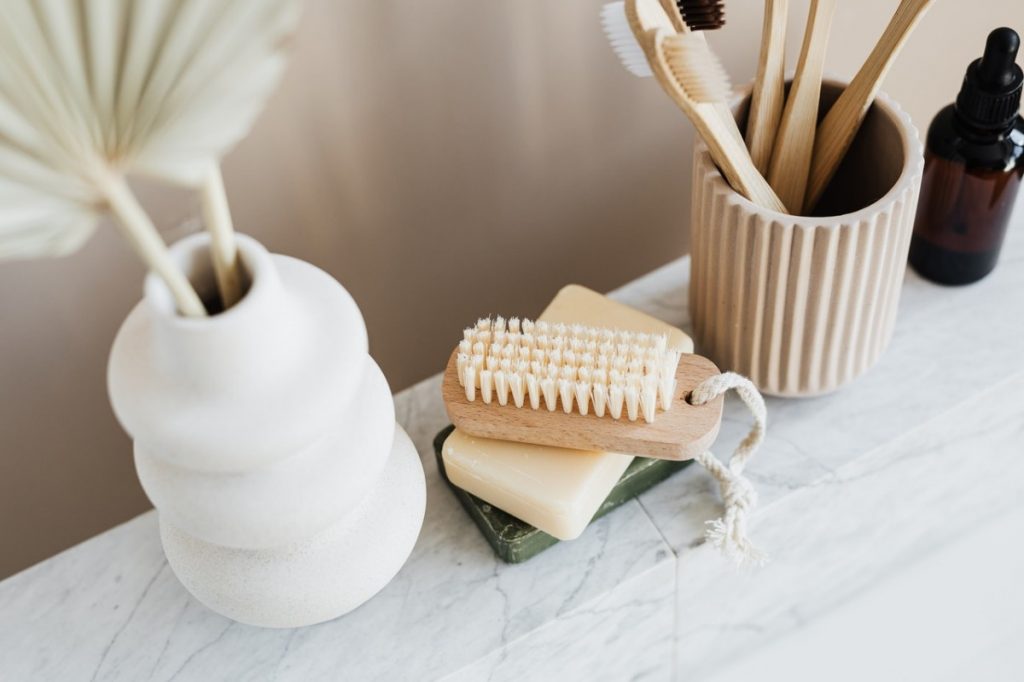Disclaimer: The Lifestyle Elf. This site provides fashion and lifestyle content for informational purposes only.
Sustainable living has become more than just a trendy lifestyle. It gradually turned into an environmental responsibility for many. This way of living is practiced by people aiming for good health and well-being without taking our earth’s resources for granted. The lifestyle also encompasses four things: smart use of the environment, ensuring living or working environments, limiting the use of natural resources, and reducing waste.
Living a sustainable life sounds like a promising choice. It really is, but it requires passion and commitment to follow the principles of sustainable living. If you’re interested in this switching to this lifestyle, you need to create a green home to support your eco-wise intentions. Discover how you can do that in this guide.
Create a rain garden
A rain garden is known as an eco-friendly method of lawn care. They are not only self-sustaining and beautiful but also prevent floods on your property during heavy rainfall. Generally, this type of garden will use common runoff from the roof, patio, and driveway. It will then direct the collected water to the garden for an easy and natural way of irrigation.
In terms of location, it’s recommended to place the rain garden at least 10 feet away from concrete fences or various kinds of foundations and 25 feet from drain fields and septic systems. Furthermore, it’ll be better to talk to a master gardener or local nursery expert to know what types of plants can thrive in a rain garden.
Invest in energy-efficient lighting
Switching to energy-efficient bulbs can help you reduce energy use and save money. Such lights can emit the same amount of illumination as traditional bulbs but can last up to 12 times longer. Reducing your home’s carbon footprint, some of the best options to obtain are halogen incandescent, compact fluorescent lamp (CFL), and light-emitting diode (LED).
In choosing the right energy-saving bulbs, consider how and where you will use them. If you’re installing them outdoors, it’s best to opt for CFL and LED lights. To check how bright an energy-efficient light is, look at its lumen output instead of the watts. They are designed to use less wattage, so watts aren’t the ideal basis for measuring these bulbs’ brightness.

Switch to solar panels
Another fantastic way to reduce your home’s environmental impact and eliminate or reduce energy bills is to switch to solar panels. Installing the panels may be a bit expensive up front, but it can help you save tons of money in the long run. Say goodbye to your expensive energy costs and say hi to the free power coming from the sun. Don’t worry because solar panels can still collect energy even when the weather is cloudy.
Installing these panels are also a great way to fight greenhouse gas emissions and minimize the collection dependence on fossil fuel. Acquiring pure and clean energy from the sun, solar power systems offer renewable energy that can help reduce pollution in the environment. Plus, it is good for our health.
Another great thing about installing solar panels is that they can actually boost your home’s resale value, making it more appealing and valuable to the home buyers’ eyes. Plus, these systems help extend your roof’s lifespan. They protect the roof from the direct heat of the sun and other elements such as snow and rain.
Use all-natural cleaning products
Did you know that your traditional cleaning supplies contain toxins, carcinogens, and various harmful chemicals? They can irritate your respiratory system, eyes, and skin. Most of these chemical agents can even pollute the air in your living space. For a safe and healthy option, switch to natural cleaning products such as castile soap, baking soda, or white vinegar. Using such ingredients won’t just improve the air quality in your home but also your family’s health.
When shopping for cleaning products, be sure to check the labels. Look for terms such as chemical-free, non-toxic, organic, plant-based, biodegradable, clean, or hypoallergenic. The safest products will contain at least two of these things.
Don’t forget to consider your own personal health needs as well. For instance, you should choose hypoallergenic cleaning products if you have highly sensitive skin. To further limit your exposure, wear gloves when you’re cleaning.
Indeed, living a sustainable life is good not just for Mother Nature but also for your bank account and health. The tips mentioned above are just stepping stones to achieving this healthy and sustainable lifestyle. Pair them with your good sustainable and healthy habits, and you’ll surely reap the benefits.

